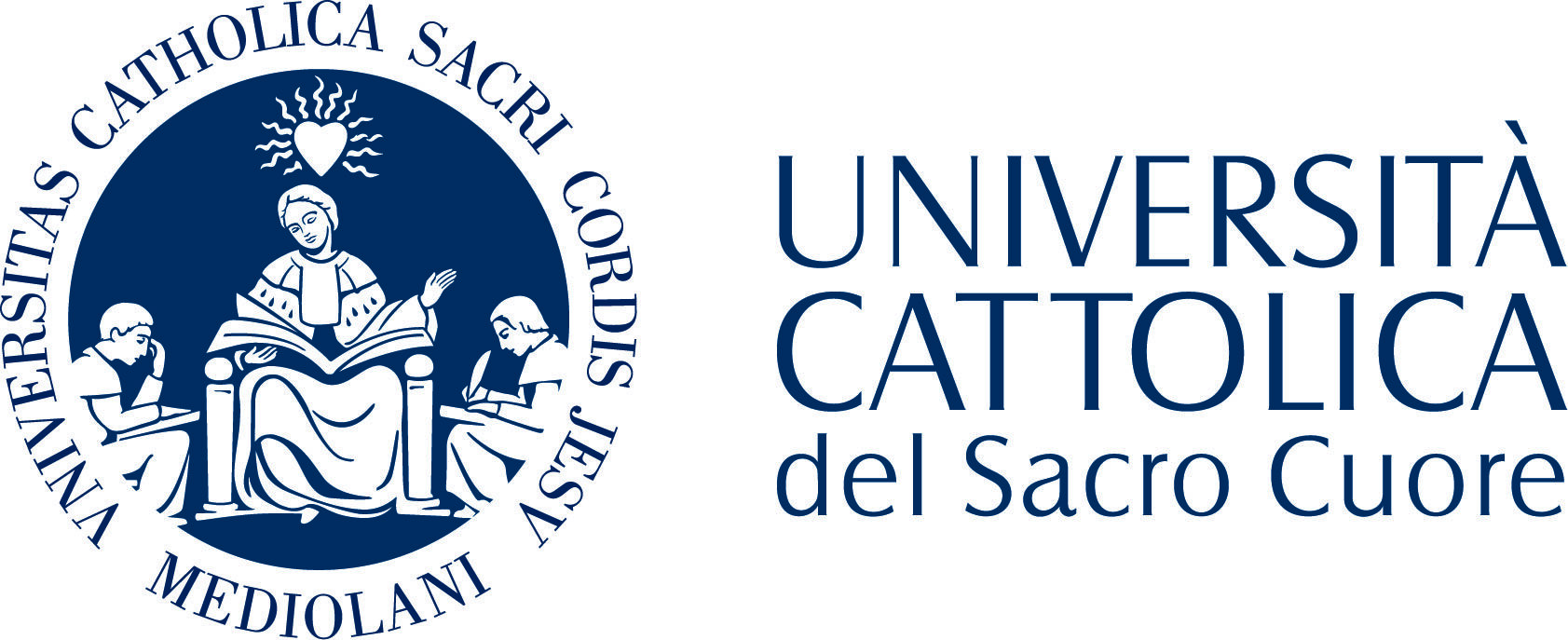dalla Redazione
Segnaliamo una interessante Call of Papers, a cura di Migrant Dramaturgies Network.
Theatre and Migration between Ethics and Aesthetics
Performing Ethos: International Journal of Ethics in Theatre & Performance
Developed by Migrant Dramaturgies Network; partner organisation: Studies in Migration Research Group, University of Ottawa (Canada)
Issue Editors: Szabolcs Musca, Alison Jeffers (Perspectives) and Vicky Angelaki (Reviews)
Deadline for articles: 31 January 2019
//////
This special issue of Performing Ethos takes as its theme ‘Theatre and Migration between Ethics and Aesthetics’. The journal issue is informed by the work of Migrant Dramaturgies Network, an international research network that explores emerging dramaturgies of theatrical responses to migration in light of recent migration and shifts in global politics and economics. MDNetwork aims to map new theatrical forms of migrant representation and identify their impacts on national theatre cultures in shaping the perception of non-European migrants and migrant cultures. For more information please see: https://migrantdramaturgies.tumblr.com/

We wish to open this issue to contributions beyond our network board and would like to encourage submissions that deal directly with the interferences between ethical and creative/ aesthetic practices of staging and performing migration, refugedom and asylum in a contemporary context. Please note that there is a limited amount of space available for scholarly articles and intervention pieces in this issue!
This journal issue would look at ethical positions and qualities in artistic processes and aesthetic modalities of migrant representation in contemporary theatre and performance in Europe and beyond. It gives particular urgency to this issue that alongside traditional forms of migrant theatre (e.g. documentary, verbatim and testimonial theatre), new immersive, participatory and durational theatre projects have started to emerge. Driven by a quest for new aesthetic models to counter victimhood narratives and enhance empowerment, a growing number of migrant theatre initiatives employ complex artistic practices that act on multiple aesthetic, social and cultural levels.
While surveying emerging ‘migratory aesthetics’ (see Bal 2007), this journal issue aims to present migrant theatre as ethical practice, highlighting that acts of representation, narration and participation have instrumental power in shaping perception and reception of migrant cultures and communities. Since migrant theatre productions strongly connect to individual and communal histories, ideologies and identities having a personal impact on their participants (see Thompson 2004), ethical considerations are paramount in creative engagements and performative appropriations.
Possible topics include but are not limited to:
Aesthetics of migrant representation and self-representation
Ethics of representation and self-representation
Dramaturgies of alterity and empathy
Ethics of participation
Ethics of inclusion (artistic, social and institutional)
Ethics of telling and re-telling
Performing displacement and refugedom
Migratory identities in contemporary theatre and performance
Issues of sustainability in migrant theatre initiatives
Ethics of fostering narratives and counter-narratives
Social engagement vs. artistic supremacies
Alongside scholarly articles, this special journal issue will feature a Perspectives/Interventions section designed to incorporate a broad spectrum of ideas and experiences which could include practitioners’ perspectives through interviews with migrant artists, intervention pieces, reports from performance projects and documentation of practice.
We welcome scholarly articles (max. 5000 words incl. references) and intervention pieces and interviews (max. 2000 words). All submissions must include full references and bibliography, and articles should also include an abstract (max. 150 words) and a short bio-note.Please find the PEET style guidelines at: https://www.intellectbooks.co.uk/MediaManager/File/intellectstyleguide2016v1.pdf
Please send full articles to Szabolcs Musca (szabolcs.musca[at]gmail.com) by 31 January 2019.
